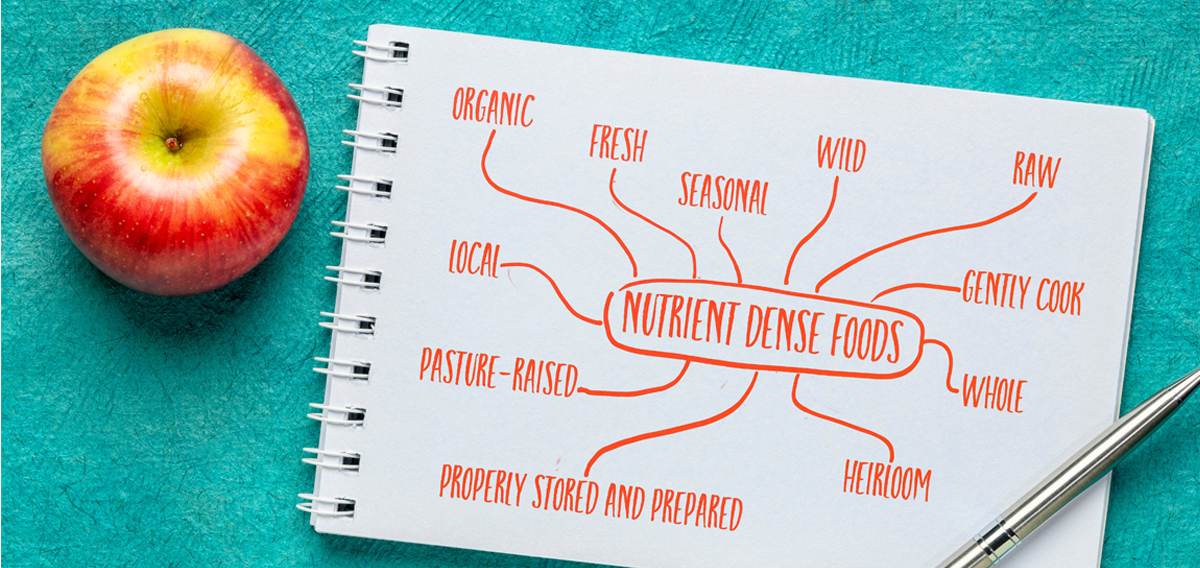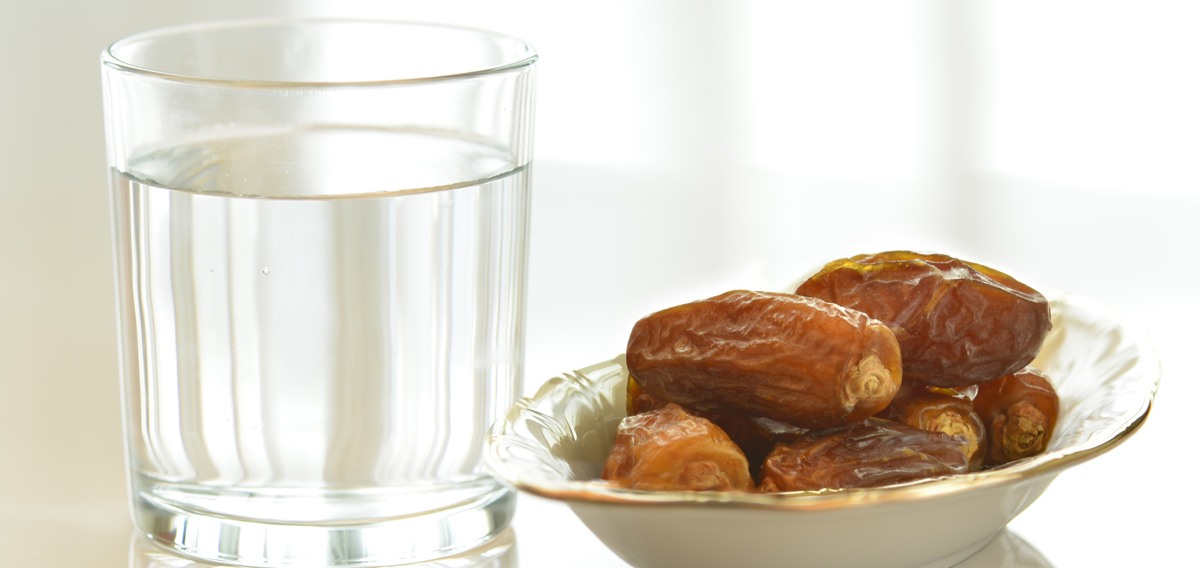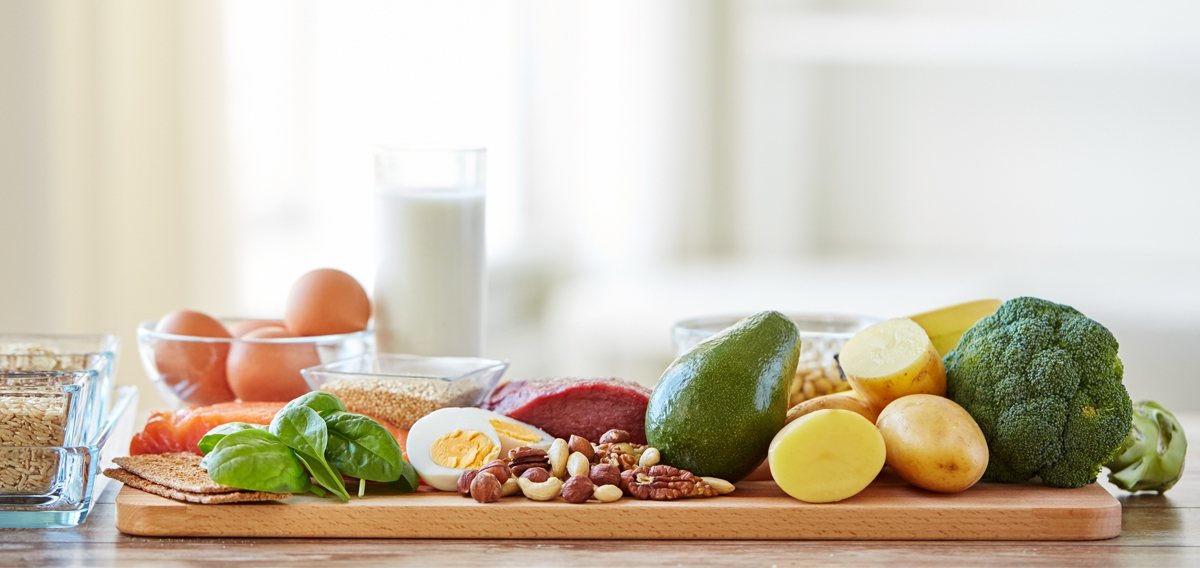Ramadan is a holy month for Muslims worldwide, during which they fast from dawn to sunset.
This month, we must pay close attention to what we consume to maintain good health and energy levels. In this blog, we’ll look at some basic but effective guidelines for healthy eating during Suhoor (the pre-dawn meal) and Iftar (the meal that breaks the fast).
Importance of Suhoor
Prophet Muhammad (saw) in a hadith mentions:
تَسَحَّرُوا فَإِنَّ فِي السُّحُورِ بَرَكَةً
Take Suhoor as there is a blessing in it” (Bukhari and Muslim).
Suhoor is the meal consumed before the fasting begins at daybreak. It is critical for supplying the body with energy to get through the day. Skipping Suhoor can result in poor energy levels and overeating at Iftar.
The Importance of Nutrition During Ramadan
Select Nutrient-dense Foods

During Suhoor, choose nutrient-dense foods that provide steady energy throughout the day. Include complex carbs such as whole grains (oatmeal, whole wheat bread, or brown rice), protein sources (eggs, yogurt, or lean meats), and healthy fats (nuts, seeds, and avocado).
Stay hydrated.
Hydration is essential throughout Ramadan, especially during Suhoor. Drink plenty of water and hydrating fluids, such as coconut water or herbal teas, to avoid dehydration during the extended fasting hours.
Avoid caffeinated and sugary drinks, as they might cause dehydration.
Limit salty and spicy foods.
While it is tempting to eat salty and spicy dishes during Suhoor, they might increase thirst and cause dehydration throughout the day.
Use modest seasoning and healthier options to flavor your food, such as fresh herbs, garlic, and lemon juice.
Do Not Overeat.
Moderation is crucial throughout Suhoor to avoid feeling overfull or bloated.
Eat a balanced meal that includes carbohydrates, protein, and fats, and quit when you’re full. Overeating might cause discomfort and sluggishness during the fasting hours.
Breaking the Fast with Iftar.
Iftar is the meal that breaks the fast at sunset, and it is crucial to eat it attentively to replenish energy and hydrate the body.
Begin with water and dates.

Traditionally, Muslims break their fast with dates and water, which provide an immediate source of energy and hydration.
Dates are high in natural sugars and nutrients, making them an excellent choice for breaking the fast.
Balanced Iftar Meal.
For the main meal, aim for balanced nutrition by incorporating a variety of food categories. Start with a light soup or salad to stay hydrated and prepare your stomach for the meal.
Then, mix in lean meats like grilled chicken or fish, complex carbohydrates like nutritious grains or legumes, and plenty of vegetables for fiber and vitamins.
Portion control.
While it is tempting to indulge in elaborate Iftar feasts, portion control is critical for keeping a healthy balance.
To avoid eating too much, serve yourself sensible portions and pay attention to your body’s hunger cues.
Select Healthy Cooking Methods.

Rather than frying, choose healthier cooking methods such as grilling, baking, or steaming. This decreases the amount of extra fats and calories in your meals while maintaining the natural flavors and nutrients of the ingredients.
Conclusion
Healthy eating at Suhoor and Iftar is crucial for sustaining energy, hydration, and overall well-being throughout Ramadan.
Choose nutrient-dense foods, stay hydrated, practice portion control, and use healthy cooking methods to promote a nourishing and fulfilling fasting experience. Remember to heed to your body’s cues and make healthy decisions throughout the holy month of Ramadan.










